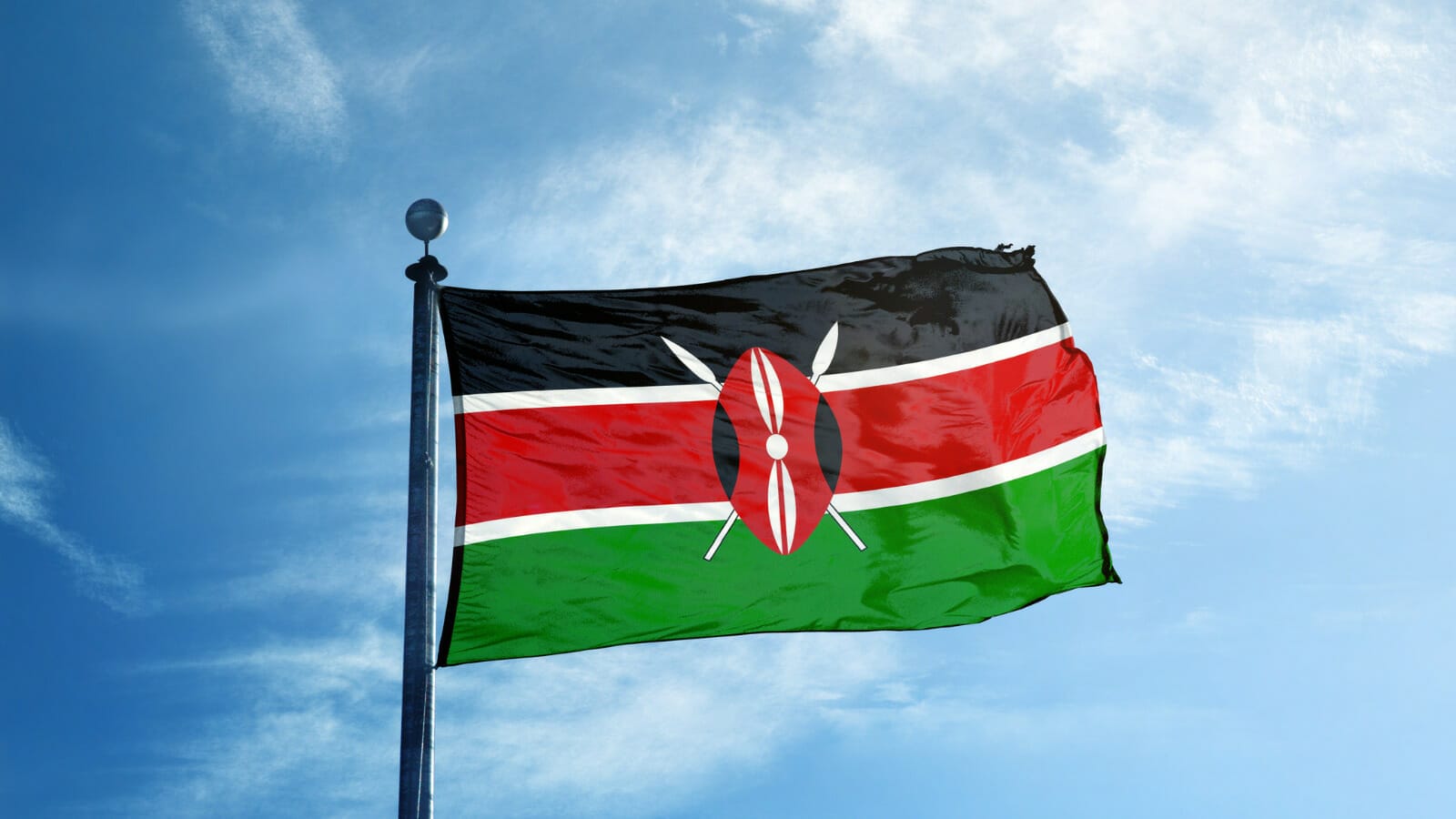With housing costs ever increasing around the globe, affordable housing is essential for every Kenyan citizen today and to help alleviate the pressure of dramatically increasing housing costs in Kenya’s urban areas, employees and employers will pay a mandatory levy to finance the construction of affordable housing.
The Treasury has come up with a plan to support President William Ruto’s mission of building a whopping 250,000 low-cost homes annually. How are they going to do it? By introducing a mandatory Affordable Housing Levy.
The Finance Act 2023 brought in this new monthly levy, and it’s not just your employees who’ll be contributing; you’re in on this too. The total contribution is 3.0% of your employees’ monthly gross salary, and it’s divided equally between you and your workforce.
What is the levy?
Now, let’s break down what this levy is all about. Essentially, it’s a tax designed to give affordable housing in Kenya a much-needed boost. The Affordable Housing Levy is a tax that is intended to help fund the development of affordable housing in Kenya. The levy will be collected by the Kenya Revenue Authority (KRA) and will be used to finance the construction of new houses, the provision of mortgage financing, and other related activities.
Here’s the some more of the factual bits; the Act was amended to introduce a mandatory housing levy to be contributed by both the employer and employee. The employer shall remit in respect of each employee:
- The employer’s contribution at 1.5% of the employee’s monthly gross salary
- The employee’s contribution at 1.5% of the employee’s monthly gross salary
As the levy will be considered a tax rather than a contribution (as was initially proposed in the Finance Bill), there will be no option for a refund of contributions for employees who decline to arrange/obtain a housing loan from the NHDF.
Under current rules (for voluntary participation in the NHDF) the program is open to all registered applicants who are Kenyan citizens age 18 or older who are actively contributing to the Fund, subject to a minimum monthly contribution of KES 200. The Fund works with property developers and banks on the development of housing projects for Fund members.
Why has it been introduced?
But why is the government doing this? Well, they’ve recognized that affordable housing is a major challenge in Kenya. Skyrocketing housing costs have made it tough for many employees to own a home, especially in urban areas. This levy is the government’s way of raising the funds needed to address this pressing issue.
How does this affect organizations?
Now, let’s talk about how this affects your organization. You’ll need to deduct the Affordable Housing Levy from your employees’ salaries and remit it to the KRA. The housing shortage in Kenya is a big problem – we need around 200,000 new homes every year, but we’re only building about 50,000. This has driven housing prices up significantly. While the NHDF was established in 2018, previous attempts to make employers and employees contribute were bogged down by legal challenges. To avoid a similar outcome this time, funding has been shifted from a contribution to a payroll tax levy in the final 2023 legislation. Make sure you’re ready to handle this change!
It’s your responsibility to remit the levy by the 9th day of the following month. Late payments will come with a penalty of 2% of the amount due for each month it remains unpaid.
Here’s an important clarification from the Kenya Revenue Authority: the gross monthly salary includes the basic salary and regular cash allowances. Regular allowances cover housing, travel or commuter, and car allowances, as well as any other regular cash payments. This doesn’t include non-cash payments or irregular income like leave allowances, bonuses, gratuities, pensions, severance pay, or any other occasional benefits.
How does this affect individuals?
Individuals will also be required to pay the Affordable Housing Levy. The amount of the levy will be deducted from their salaries by their employers. This is considered a small price to pay for the opportunity to own a home in Kenya.
What do our customers need to do?
Our customers need to make sure that they are compliant with the Affordable Housing Levy. This means that they need to deduct the levy from their employees’ salaries and remit it to the KRA on a timely basis.
How can Cintra help?
We’ve got your back! We can provide you with all the information and resources you need to stay compliant with the Affordable Housing Levy.
Get in touch
We hope this blog post has been helpful, but if you have any questions get in touch today and a member of our expert team are happy to help!
We're here to help!

